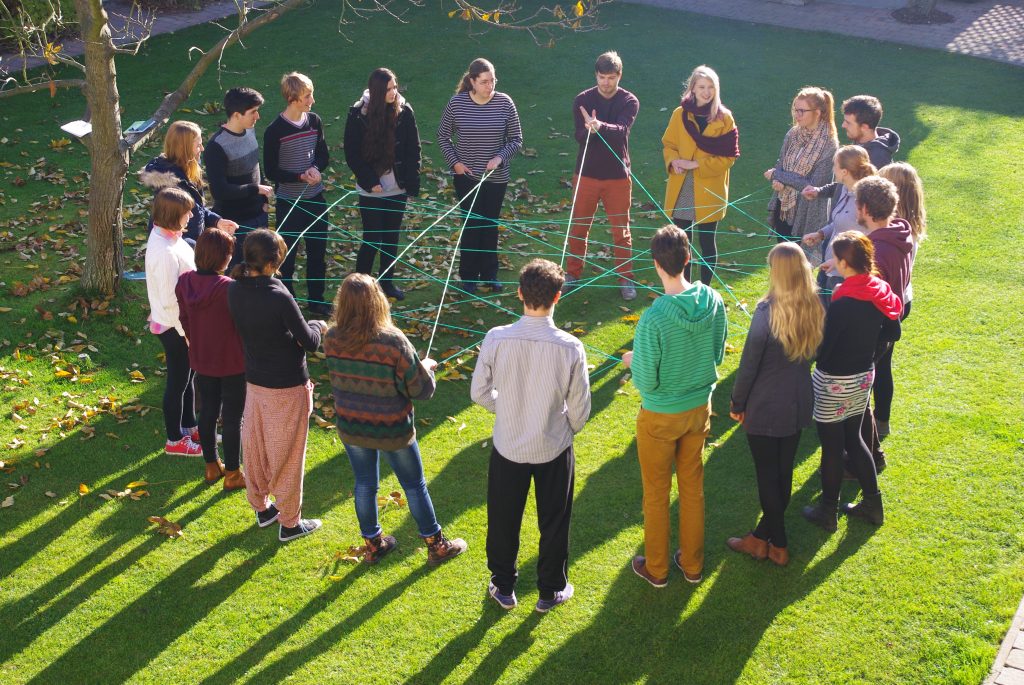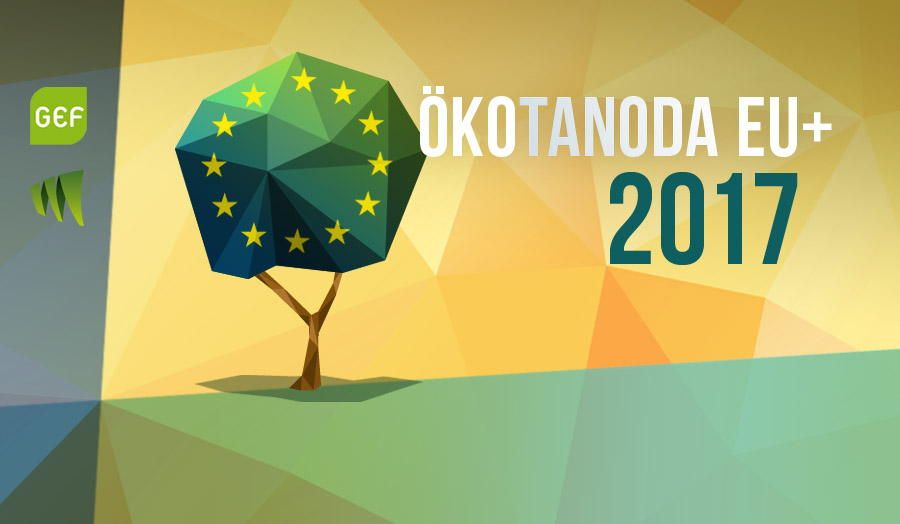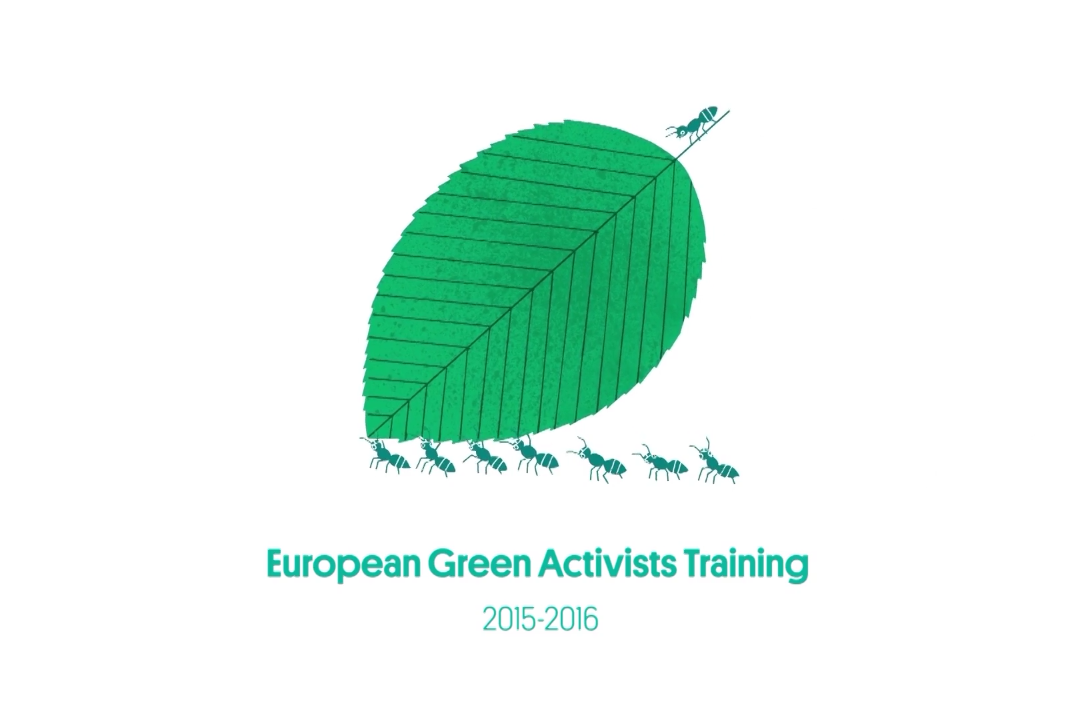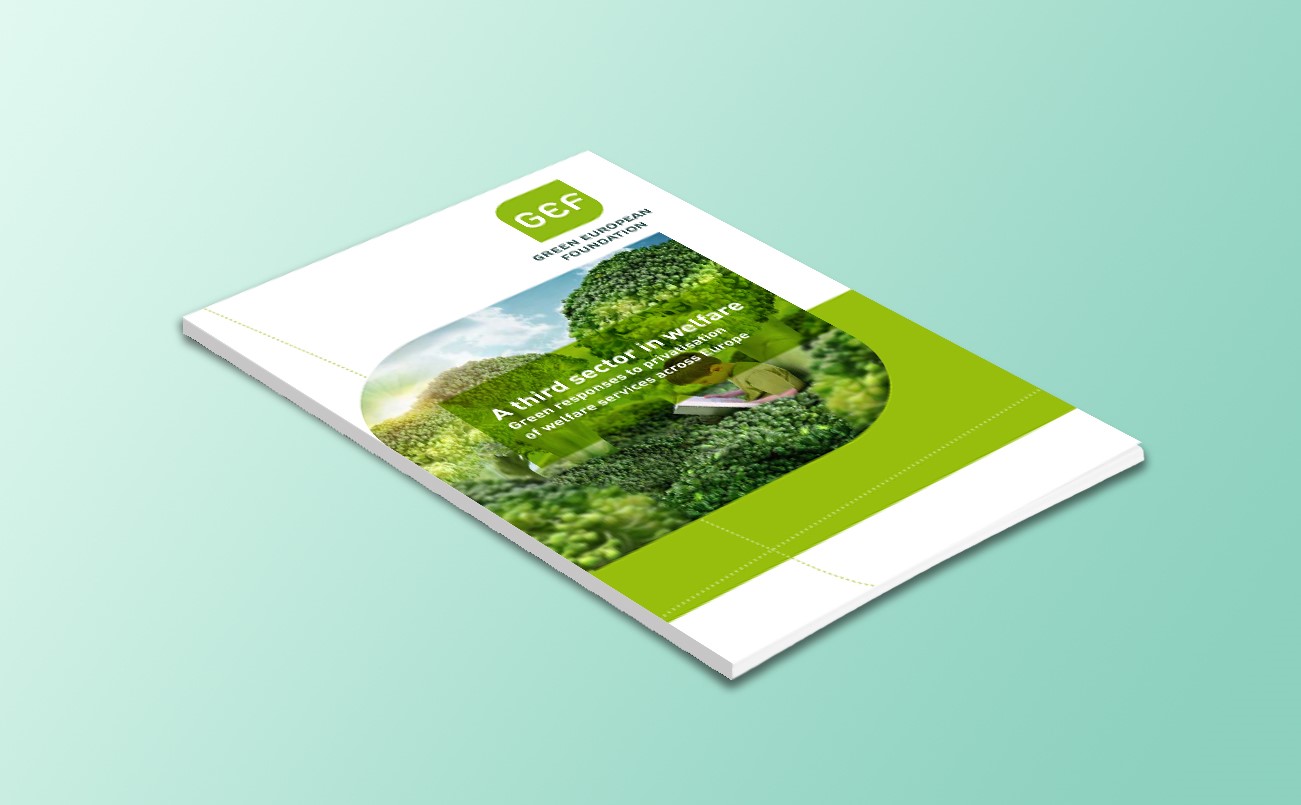
About EGAT
The European Green Activist Training consists of training sessions for young Green activists in two phases: the first entails national trainings on domestic politics, as well as a session on European politics and institutions; and the second brings together the activists from different countries in Brussels to complement their training by experiencing the European political dimension first-hand.
This transnational project aims at the Europeanisation of existing trainings for Green activists in several European countries by making them more European in their content, but also more co-operative, by enabling young activists to meet and network.
Study visit to Brussels 2018
This year, we will gather EGAT participants from Finland, Hungary, Czech Republic, Croatia and Malta in Brussels between 05 and 09 March 2018 to visit relevant European institutions, civil society organisations and activists, and to take part in stimulating workshops in order to gain a critical insight into functioning of the EU and ways of making an impact as a young citizen.
Programme
Monday 5 March (Arrival Day)
19:00 – 22:00 – Welcome & ice-breaker activities
Tuesday 6 March (Brussels Actors Day)
10:00 – 12:30 – Alternative Initiatives (Parallel Sessions)
12:30 – 13:30 – Lunch
13:30 – 14:50 – Introducing EGP, FYEG, GEJ (Parallel Sessions)
15:00 – 16:20 – Introducing ILGA Europe, FoEE, The Good Lobby (Parallel Sessions)
16:30 – 17:50 – Introducing GRIP, GEF, Why Privacy Matters (Parallel Sessions)
18:30 – 20:00 – Dinner
Wednesday 7 March (European Day)
9:30 – 17:30 – Visiting the European Parliament
Thursday 8 March (Activism Day)
10:00 – 11:00 – Introduction and Games
11:00 – 12:30 – Turning apathy Into Action – what makes political campaigning effective?
12:30 – 14:00 – Lunch
14:00 – 14:50 – Fishbowl – Lessons from the Women’s Movements (EWL, FYEG)
15:00 – 16:15 – Group Work
16:15 – 17:00 – Ideas Bazar & Feel-o-meter
18:30 – 20:00 – Dinner
Friday 9 March (Evaluation Day)
10:00 – 12:30 – Reflection and Evaluation
12:30 – 13:00 – Lunch and Departures








